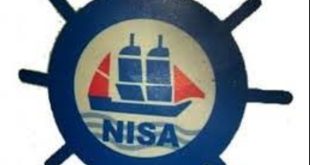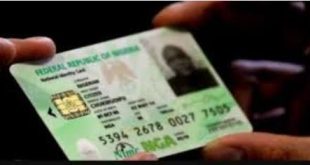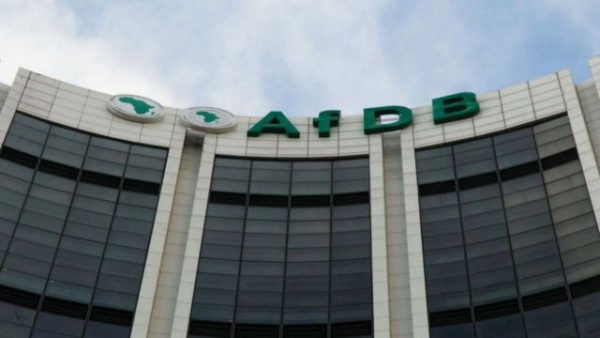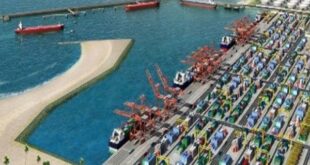-

Sir, Mike Jukwe Nigerians to head foreign companies
- CRFFN releases clearing tariff
- 20 ft for N125, 000; 40 ft N250, 000
- CBN releases forex guidelines for export
In an effort to enforce the Nigerian content Act and provide jobs for Nigerians, the Federal Government is to bar foreign companies from undertaking the freight forwarding components in all government projects and contracts in Nigeria.
This decision, already being considered by the relevant authorities in government was reached by the National Council of Transport, recently at the behest of the Council for the Regulation of Freight Forwarding in Nigeria (CRFFN) which has since been inundated with complaints of foreigners taking over the jobs meant for its professional and registered freight forwarding associations.
Confirming this development at a press briefing last week in Lagos, while announcing the Council’s strides in three years, the Registrar/Chief Executive Officer (CEO) of CRFFN, Sir, Mike Jukwe said that enforcing this idea would be simple. “ it starts from the point of signing the agreement. At this point, every freight component of the government project, contract, for instance, building project, will be removed from the foreign contractor so that when the imported cargo comes the aspect of freight forwarding will be handled by a registered local freight forwarder. So, it can be enforced.
“What we need to do as the Council regulating freight forwarding in Nigeria is to ensure that at the end of every year, we should be able to generate a data on how many of these contracts that took place, and what percentage was handled by Nigerians and foreigners, then we will confront the government with it to ensure that it is corrected,” Jukwe added.
According to the Registrar, CRFFN would begin to ensure that foreign companies operating in the freight forwarding sub-sector have registered freight forwarders and Nigerians as the chief executive officers or chief operating officers and non-compliance could lead to forced closure of the company.

To make import and export planning simple for shippers, the Council has released a template of charges called Freight Forwarders Standard Tariff (FFST), detailing the cost of clearing goods at the air and sea ports in the country for customers.
For imports through the sea, N125,000 is charged for 20 feet container or TEU, while N250,000 should be charged per 40 feet depending on the value but all of the charges are based on 5 percent Cost, Insurance and Freight (CIF).
For Bulk Cargo, import, 2.5 percent CIF value is charged and its equivalent is N200, 000 per ton depending on which is lower.
For containerized exports, the charges are based on N75,000 per a 20 feet and N120,000 per a 40 feet.
While all general import cargo are negotiable, the air freight charges for import for trade goods attracts N40.00 per kilo for goods above 10, 000 kg and N30.00 per kilo for goods above 20,000 kg.
Alternatively, 2.5 percent of the cost and freight value of goods, applies. But in the case of verifiable personal effects and household goods backed by valid international passport, a minimum of N40. 00 per kilo is charged. These tariff are however, awaiting the consent of the Nigerian Shippers’ Council (NSC), the port economic regulator and the approval of the Minister of Transport.
Jukwe further disclosed that all individual registered freight forwarders have been insured under the Freight Forwarders’ Group Insurance Scheme every year to the tune of N1million under life insurance cover.
He explained that the sum assured could be jerked up when the annual subscription fees of members are increased, adding that in future members will enjoy accident and retirement insurance cover from CRFFN.
As election into the Governing Council of CRFFN will be held in the second quarter of this year, 2015 with the hope that the election guidelines and the time-table would be released after the ministerial approval, the professional services rendered by freight forwarders have been categorized into seven areas by the Council. They are: Brokerage Services, Logistics and Consolidation, Freight Haulage Services, Freight Finance and Insurance Services, Freight Consultancy and Training Services, Supply Chain Management and Regulatory and Allied Services.
In another development, the Central Bank of Nigeria (CBN), has mandated exporters to repatriate their earnings into their domiciliary accounts within the stipulated period or risk being barred from the foreign exchange market.
In a circular issued on last week by the Director, Trade and Exchange Department, Mr. Olakanmi Gbadamosi, the CBN asked all authorized dealers to ensure strict compliance, citing the provisions of paragraph (4) Memorandum (11) of the Foreign Exchange Manual in respect of the repatriation of export proceeds.
It stated, “Proceeds of oil and non-oil exports are to be repatriated into the export proceeds domiciliary accounts of their respective exporters’ accounts within 90 days for oil exports and 180 days for non-oil exports, failing which the collecting banks will be liable to fine of 10 per cent of the FOB value of the transaction, including other appropriate penalties as provided in the BOFIA Act of 1991, as amended.
“Where an exporter fails to repatriate the proceeds into the domiciliary account within the stipulated period, the exporter will be barred from participating in all the segments of the foreign exchange market in Nigeria.”
“Please be guided accordingly and ensure strict compliance,” the CBN said.
 MMS PLUS NG – Maritime, Aviation, Business, Oil and Gas News Online Newspaper with coverage in Maritime, Oil and Gas, Aviation, Power and Energy as well as Financial News
MMS PLUS NG – Maritime, Aviation, Business, Oil and Gas News Online Newspaper with coverage in Maritime, Oil and Gas, Aviation, Power and Energy as well as Financial News









